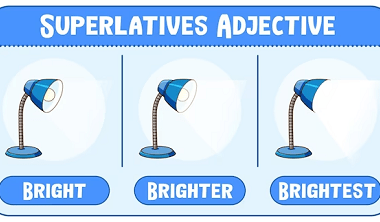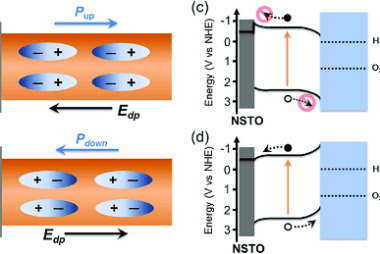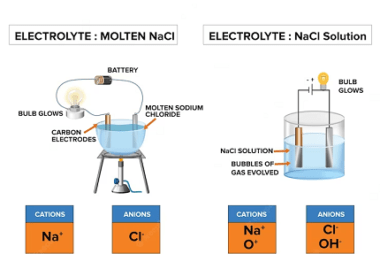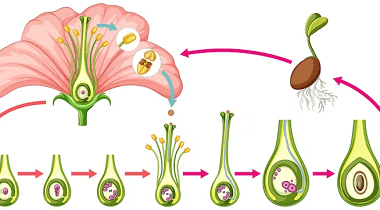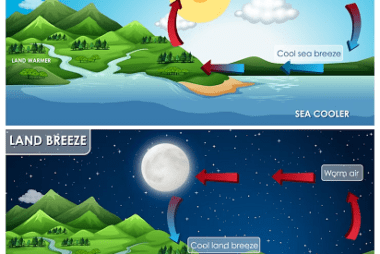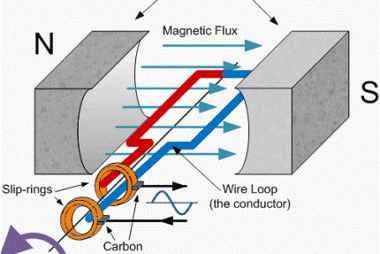Integrated Course AIIMS-SYLLABUS Physics syllabus Superposition principle
Superposition principle The superposition principle is a fundamental concept in physics that states that when multiple waves or physical quantities are present in a system, the resultant wave or quantity at any given point is the algebraic sum of the individual waves or quantities. This principle applies to various areas of physics, including classical mechanics,…
